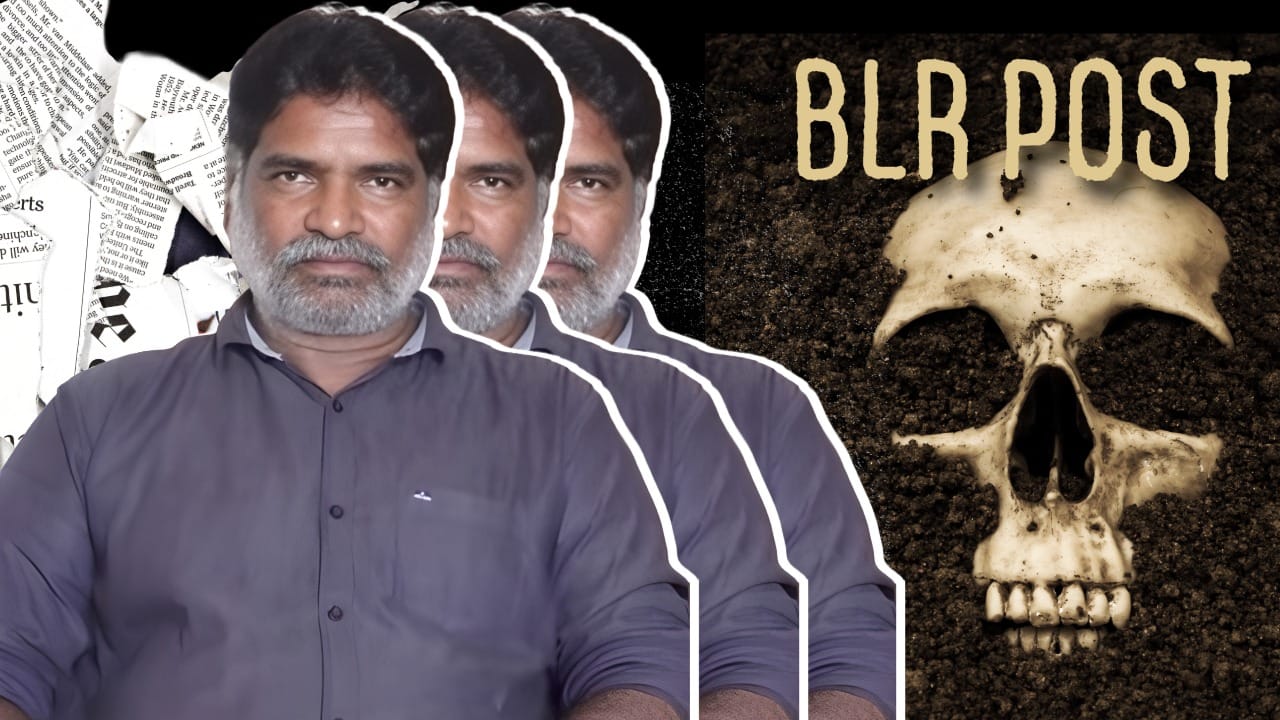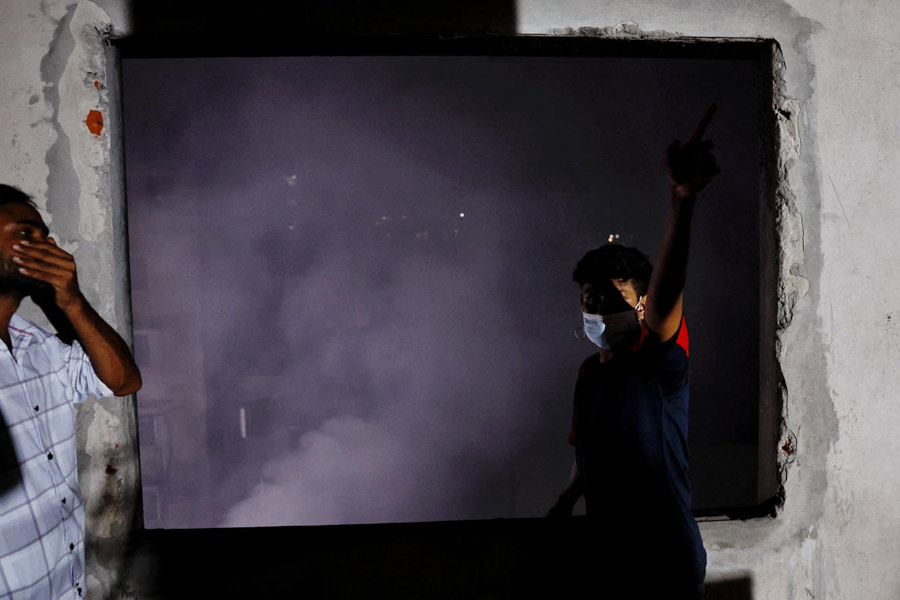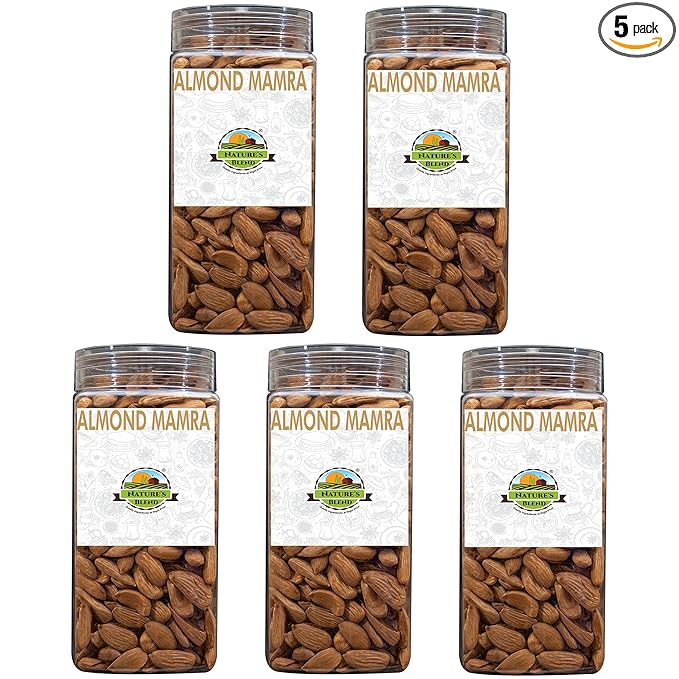The restrictions under stage 1 of the Graded Response Action Plan (GRAP) are implemented when the AQI goes beyond the set limit of 200.
The Capital witnessed the pre-winter season’s first whiff of “poor” air quality on Tuesday as the air quality index crossed the 200-mark, barely a week ahead of Diwali, even as forecasts showed no relief in the coming week. The CAQM announced it was invoking stage 1 of the graded response action plan, or Grap, which includes stronger monitoring of open burning and the use of dust suppression measures.
Data from the Central Pollution Control Board showed that at 4 PM, the 24-hour average AQI stood at 211—the first reading in this range since June 11, when it was 245. Experts said the deterioration in air quality is due to a dip in both wind speed and night temperature.
The situation is likely to worsen around Diwali, in line with the annual phenomenon of the air becoming toxic, due to the bursting of firecrackers. Vehicular emissions and smoke from farm fires in the neighbouring states further exacerbate the situation. Forecasts by the Centre’s Air Quality Early Warning System (EWS) for Delhi show no relief ahead, with “very poor” AQI likely around or after Diwali.
The restrictions under stage 1 of the Graded Response Action Plan (GRAP) are implemented when the AQI goes beyond the set limit of 200. Delhi's AQI was recorded as 211 on Tuesday, which falls in the 'poor' category.
“Actions under Stage-l of the extant GRAP shall be implemented, monitored and reviewed by all the agencies concerned in the entire NCR to ensure that the AQI levels do not slip further. All implementing agencies shall keep strict vigil and intensify measures of the extant GRAP schedule. Citizens may be requested to strictly adhere to the citizen charter under GRAP Stage-I,” the order stated.
The order further stated that the committee shall monitor the air quality situation closely and review the situation from time to time to make appropriate decisions.
Restrictions under GRAP-1
Stage 1 of GRAP focuses on cutting pollution at its source, especially from dust, vehicles, and industrial emissions. According to a release by the Press Information Bureau, the following restrictions are now in place across the National Capital Region:
* Carry out periodic mechanised sweeping and water sprinkling on roads and ensure scientific disposal of the dust collected in designated sites/landfills.
*Intensify use of anti-smog guns, water sprinkling and dust suppression measures in road construction/widening/repair projects and maintenance activities.
* Strict vigil to ensure that there are no burning incidents in the landfill sites/ dumpsites.
*Stringently enforce the prohibition on the open burning of biomass and municipal solid waste.
*Strict vigilance and enforcement of PUC norms for vehicles.
*No tolerance for visible emissions – Stop visibly polluting vehicles by impounding and/ or levying maximum penalty.
*Strictly enforce the Hon’ble Supreme Court order on diversion of non-destined truck traffic for Delhi, through Eastern and Western Peripheral Expressways.
*Strictly enforce NGT / Hon’ble SC’s order on overaged diesel/petrol vehicles and as per extant statutes.
*Strictly enforce Hon’ble Courts / Tribunal orders regarding the ban on firecrackers.
*Ensure that diesel generator sets are not used as a regular source of power supply.
*Ensure hotels, restaurants and open eateries use only electricity / gas-based / clean fuel-based appliances.
*Encourage offices to start a unified commute for employees to reduce traffic on the roads.












